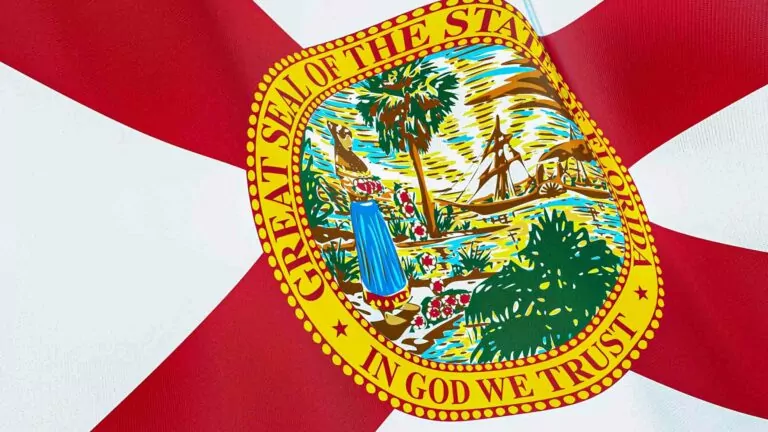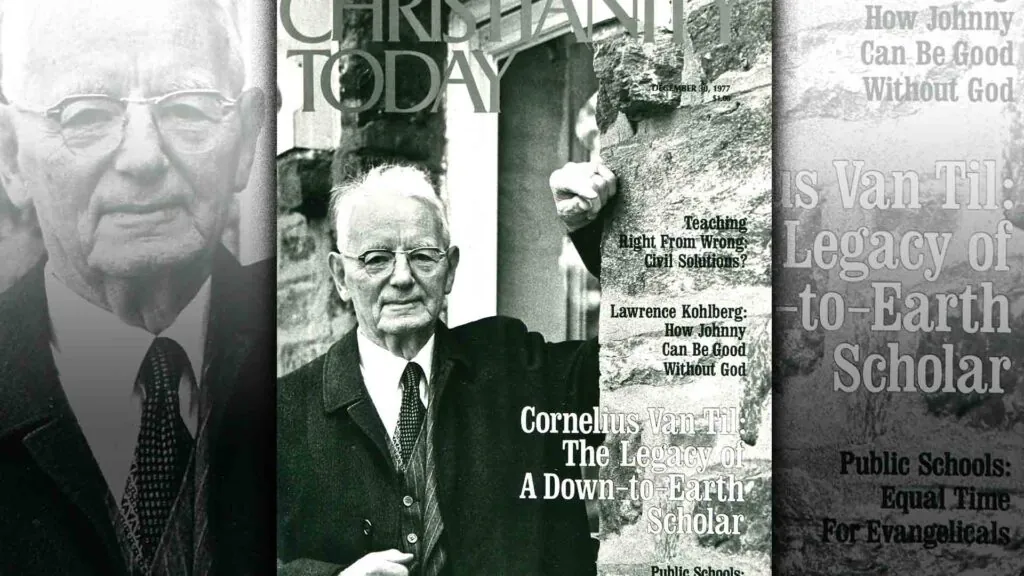John Calvin showed up at a press conference in Florida earlier this month, as Governor Ron DeSantis introduced the state’s newest state attorney, Andrew Bain. As Bain took his turn at the podium he began by thanking the governor and his legal mentors, before then transitioning to an explanation of why he was happy with his new role.
“For me, this is a place where John Calvin’s second purpose of the law came to life. The second purpose for law is a restraint on evil. The law in and of itself cannot change the human heart. It can however, serve to protect the righteous from the unjust…. We are here to prosecute crimes, and to hold people accountable.”
What he was referencing here was what’s known as Calvin’s threefold purposes of the law. Calvin said that God’s Law acts on us in three different ways:
- It acts as a mirror, showing us our sins, and our desperate need for a Savior.
- As Bain noted, it restrains evil. In forbidding murder, theft, and more, and promising to punish those acts, it will, as Calvin put it, “curb those who, unless forced, have no regard for…justice.”
- Finally, it shows us how to live a life of thankfulness to God by telling us what pleases Him.
Now, Calvin was talking about God’s Law and not Florida’s, and the latter has some major departures from the former. Most notably, while Florida offers more protections for the unborn than Canada, banning abortion six weeks after conception, the state still allows the unborn to be murdered without sanction before that point.
Still the second purpose is relevant in civil law, and Bain’s reminder is timely as that purpose is being forgotten. That forgetfulness is perhaps more evident south of the border, where in recent years we’ve seen major US cities decide not to enforce laws already on the books involving both smaller matters like shoplifting, and more major ones like rioting.
From this distance, it’s impossible to know what sort of state attorney Bain will be, but what’s worth noting is his example here: a judicial official shamelessly talking from an explicitly Christian worldview, teaching the public about the benefit of the law in protecting the righteous from the unjust. That’s worthy of celebration and imitation.












